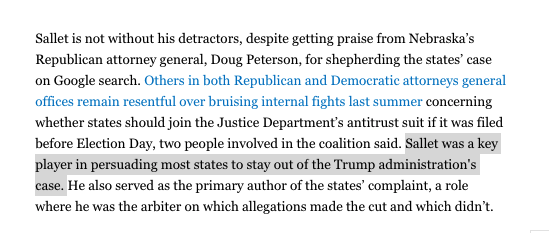
1. @Diddy is making a populist argument. He's not just asking for black representation but black *ownership.* And ownership matters. It's a different and more fundamental claim than how progressives tend to think about social justice.
https://twitter.com/Diddy/status/1380145382974443520
2. @Diddy is also taking a swipe at Comcast when he says "It’s disrespectful that distributors refuse to carry Black-owned media brands in an era where our impact and influence is undeniable." revolt.tv/news/2021/4/8/…
3. I wrote up a piece on black ownership in the cable business, the first major media business emerging after the Civil Rights movement. @Diddy is an important part of the story, as is Comcast's monopolization. prospect.org/power/remote-c…
4. White rural right-wing cable network owners and black-owned media business leaders were both incensed over the Comcast-NBC merger. Both groups recognize ownership *matters.* prospect.org/power/remote-c…
5. @Diddy is seeking a straightforward redistribution of power from the dominant gatekeepers. The power to engage in programming, the power to hire and fire, to create and sell art, and to organize media. It's an anti-monopoly claim.
https://twitter.com/Diddy/status/1380145382974443520
• • •
Missing some Tweet in this thread? You can try to
force a refresh



